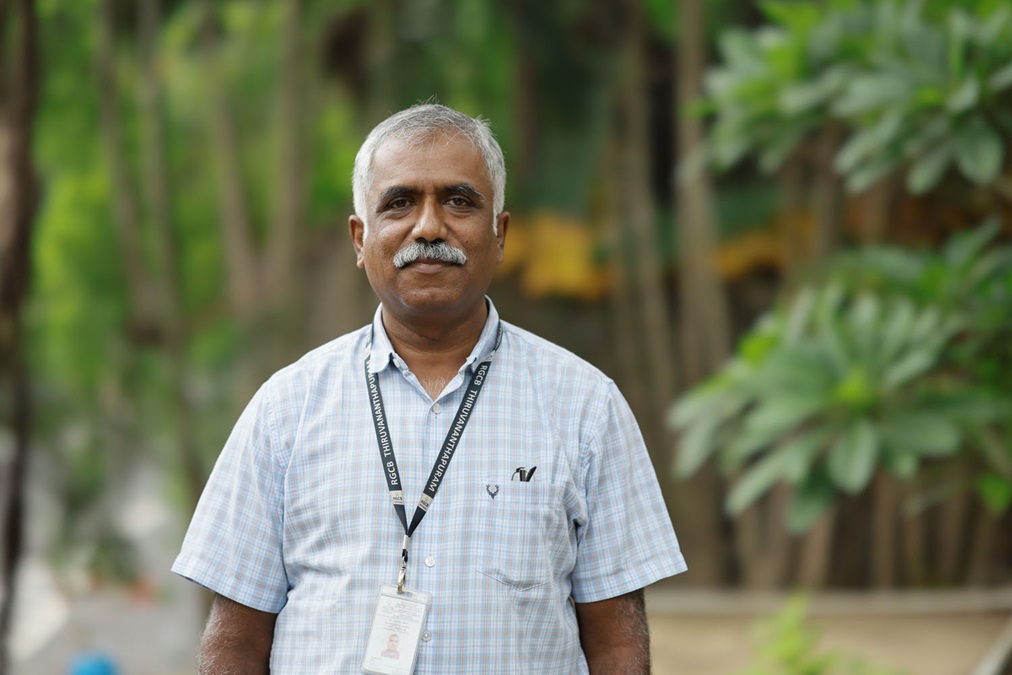

THIRUVANANTHAPURAM:
Autism, a developmental disorder that causes functional abnormalities in brain development, is caused by a combination of environmental and genetic factors with its symptoms manifesting in childhood as early as the age of two years. Complexities of ASD (Autism Spectrum Disorder) include single gene mutations in early development genes.
A recent RGCB study linked a novel mutation in Tlx3 gene with abnormal development of the cerebellum (a major region of the hind brain that controls balance, motor movement, and other complex functions) and autism.
The study, conducted by Dr. Jackson James and his team from BRIC-Rajiv Gandhi Centre for Biotechnology (RGCB) here, has been published in the prestigious journal iScience.
Deleting Tlx3 gene from the cerebellum of a transgenic mouse (a mouse with its DNA altered through genetic engineering techniques) embryo potentially affects coordination of cerebellum function. When these mice embryos were allowed to grow until adulthood, they developed hallmarks of autistic behavior, including abnormalities in social skills, repetitive behaviour, and motor/movement function.
The RGCB team, in collaboration with CSIR-IGIB (Council Of Scientific And Industrial Research–Institute Of Genomics And Integrative Biology (CSIR–IGIB), New Delhi, also assessed the potential for this mutation to occur in the human population and identified TLX3 mutation variants that are linked to nine ASD cases and other co-morbid neurodevelopmental conditions.
Dr. James, however, stated that a genome-wide global cohort analysis is necessary to assess the frequency of this TLX3 mutation and the extent to which the variation is linked to specific populations, such as Indians and others. Together, these results indicate how erroneous regulation of this early embryonic gene manifests into ASDs during early childhood.
RGCB Director Prof. Chandrabhas Narayana said, “Autism is a serious childhood problem across the world. In India also, it has emerged as a significant challenge for researchers and medical fraternity as autism has wide social and medical ramifications. The RGCB study will offer new insights into this behavioural disorder.”
ASDs lead to behavioural deficits, including lack of social cognition and restricted/repetitive behaviours, desires, communication, or actions in individuals.
more recommended stories
KOCHI: Indian Myeloma Congress 2026, a.
KOZHIKODE: myHart Starcare ,Calicut has successfully.
KOCHI:Amrita Hospital, Kochi will serve as.
KOCHI:Amrita Hospital, Kochi have successfully performed.
KOCHI:The Physical Medicine and Rehabilitation (PMR).
MUMBAI:Every mother remembers the magic of.
കൊച്ചി : കുട്ടികളിൽ കാണപ്പെടുന്ന പ്രധാന വാസ്കുലൈറ്റിസുകളില്.
THIRUVANANTHAPURAM: Doctors at KIMSHEALTH successfully corrected.
കൊച്ചി: സാംസങ് പുതിയ സൂപ്പര്–പ്രീമിയം ആര്20 അള്ട്രാസൗണ്ട്.
GURUGRAM: Samsung, India’s largest consumer electronics.